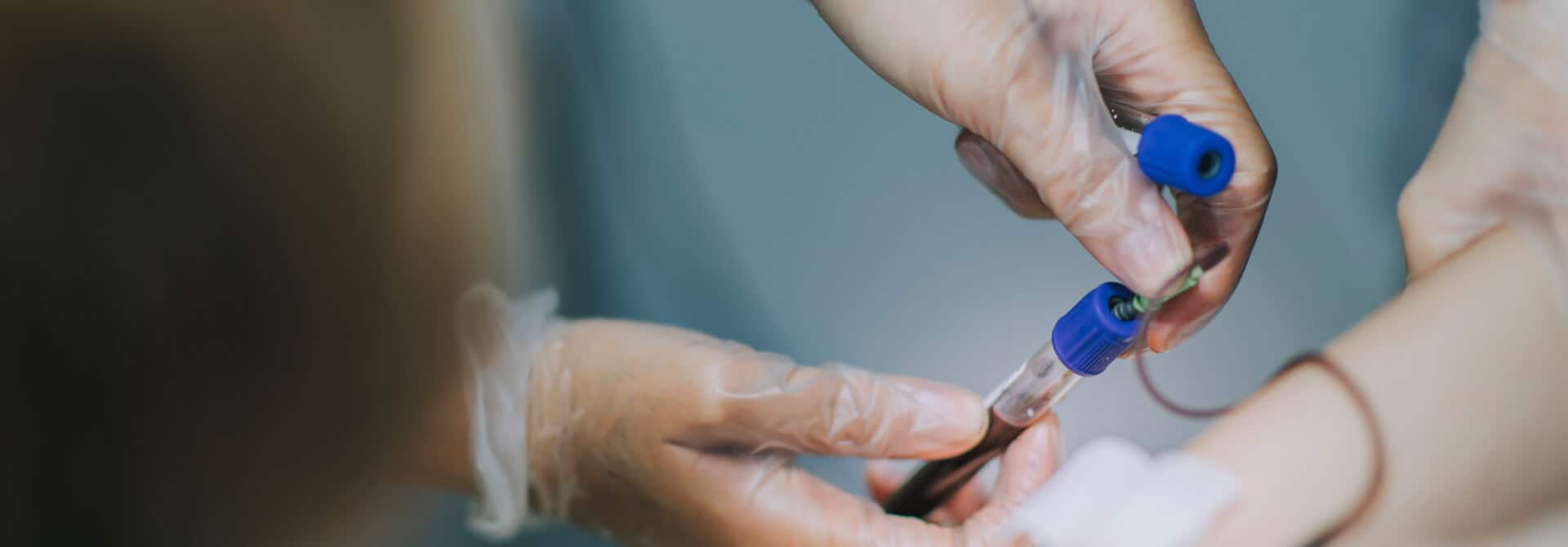Fungal infections are a common health concern, affecting millions of people worldwide. These infections can range from superficial skin infections to life-threatening systemic diseases.
Accurate diagnosis is crucial for effective treatment and management of fungal infections. The fungal culture test is a vital diagnostic tool that helps healthcare providers identify the specific fungus responsible for an infection and guide appropriate treatment.
Fungal Culture Tests at SeeBeyond Medicine
Fungal infections, especially those caused by mold exposure, can contribute to a wide range of chronic health problems including:
- Fatigue
- Brain fog
- Headache
- Muscle and joint pain
- Digestive issues
- Depression and anxiety
- Allergies and asthma
- Respiratory symptoms
- Skin conditions
To identify hidden fungal infections, we perform:
Nares Bacterial Culture
This test uses a swab of the nose to identify:
- MARCoNS ( methicillin-resistant Staphylococcus aureus) and other pathogens
- Biofilm-forming bacteria that can indicate chronic infections
Nares Fungal Culture
Using the same nasal swab, we:
- Culture for fungi including yeast and mold
- Identify the specific fungal species
- Provide interpretive report and recommendations
The Benefits:
- Reveals exposure to molds that may be causing illness
- Guides targeted anti-fungal treatment regimens
- Informs environmental remediation strategies
Our medical team carefully reviews the results of your fungal culture tests in the context of your complete health history. We create customized treatment plans that may incorporate:
- Appropriate anti-fungal medications
- Biofilm disruptors
- Nutritional supplements
- Probiotics
- Environmental remediation recommendations
The goal is to eliminate fungal overgrowth, disrupt biofilms, reduce inflammation and support your body’s innate healing – restoring your health and quality of life.
Types of Fungal Infections and Common Pathogens
Fungal infections can be broadly classified into two categories: superficial and systemic. Superficial fungal infections, such as tinea pedis (athlete’s foot) and yeast infections, affect the skin, nails, and mucous membranes.
Systemic fungal infections, like candidemia and aspergillosis, involve internal organs and can be potentially life-threatening.
Common fungal pathogens responsible for these infections include:
- Candida species, which cause oral thrush, vaginal yeast infections, and invasive candidiasis
- Aspergillus species, implicated in lung infections and invasive aspergillosis
- Dermatophytes, responsible for various skin, hair, and nail infections
- Yeast and molds, causing various superficial and systemic infections
Principles of Fungal Culture Test
Mycology, the study of fungi, plays a crucial role in the fungal culture test. This test involves collecting a specimen from the affected area, such as skin, blood, body fluid, or a throat swab, and sending it to a laboratory for analysis.
In the lab, technicians use agar plates, microscopy, and other techniques to isolate and identify the fungal pathogen. The specimen is typically incubated under controlled conditions to allow for fungal growth and observation.
Identification of Fungal Pathogens and Susceptibility Testing
Accurate identification of the fungal pathogen is essential for appropriate treatment. Methods for identifying fungal pathogens include:
- Morphological characteristics, such as shape, size, and color
- Biochemical tests, which analyze the metabolic properties of the fungus
- Molecular techniques, like polymerase chain reaction (PCR), which detect specific fungal DNA sequences
Antifungal susceptibility testing is another crucial aspect of the fungal culture test. This process assesses the effectiveness of various antifungal medications against the identified pathogen. It helps healthcare providers choose the most appropriate treatment for the patient.
Challenges in accurate identification and susceptibility testing may include variations in fungal strains, the presence of multiple pathogens, and the emergence of drug-resistant fungi.
Interpreting Fungal Culture Test Results and Clinical Implications
- Understanding test results – Positive, negative, and inconclusive results
- A positive result indicates the presence of a fungal pathogen, while a negative result suggests the absence of infection. In some cases, results may be inconclusive, requiring further testing and examination.
- Factors affecting test accuracy – Specimen quality, laboratory techniques, etc.
- Several factors can influence the accuracy of fungal culture test results, including specimen quality, laboratory techniques, and the presence of contaminants. Healthcare providers must consider these factors when interpreting test results.
- Correlation between test results and clinical presentation
- The correlation between test results and clinical presentation is essential in determining the most appropriate treatment plan. Healthcare providers should consider the patient’s symptoms, medical history, and risk factors alongside the test results to make informed decisions regarding treatment and management.
Choosing SeeBeyond Medicine for Fungal Culture Test Services
SeeBeyond Medicine is a reliable and efficient choice for fungal culture test services. By choosing SeeBeyond Medicine, patients and healthcare providers can expect:
- Partnership with MicroBiology lab to ensure high-quality testing with accurate identification and antifungal susceptibility testing
- Expert consultation and guidance throughout the testing process
- Timely delivery of test results, aiding in prompt treatment and management of fungal infections
- Advanced laboratory techniques and state-of-the-art equipment
Choose SeeBeyond Medicine for Your Fungal Culture Test Needs
SeeBeyond Medicine offers high-quality fungal culture test services, ensuring accurate identification and antifungal susceptibility testing.
With a commitment to excellence in patient care and advanced laboratory techniques, SeeBeyond Medicine is the go-to choice for healthcare providers and patients seeking reliable and efficient fungal culture testing.
By choosing us, patients can expect a comprehensive approach to diagnosing and managing fungal infections, leading to improved outcomes and overall health.
Schedule a consultation today.


